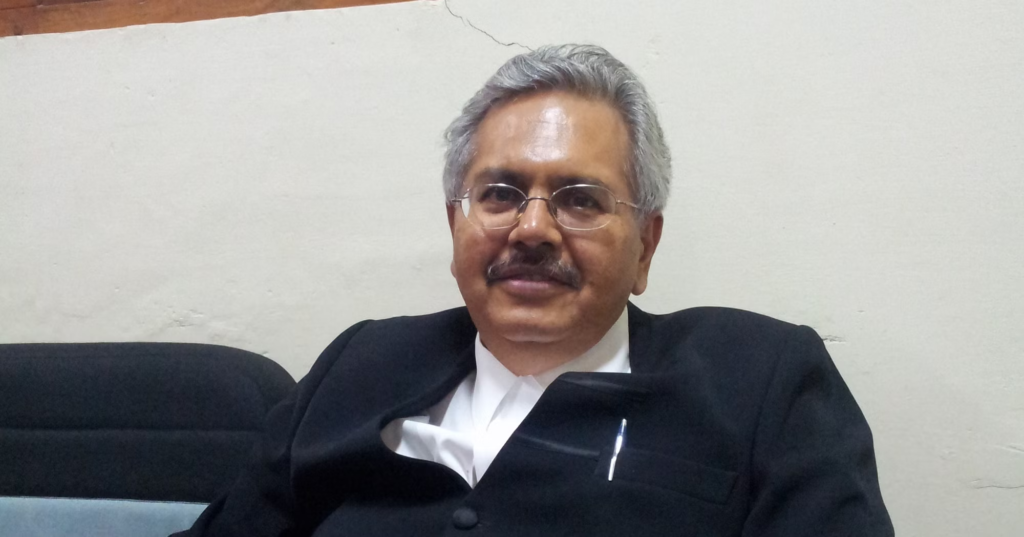
Tax Collected at Source (TCS) on overseas payments through debit/credit cards faces constitutional challenges
Renowned Senior Advocate SS Naganand has criticised the recently implemented Tax Collected at Source (TCS) levy on international spends made through debit/credit cards, deeming it both thoughtless and unconstitutional. Naganand predicts that this legislation will likely be struck down by the courts when challenged.
The crux of Naganand’s argument lies in the fundamental principle that tax collection requires the authority of law, as stated in the constitution. Since the Income Tax Act does not currently impose a levy on expenditure made via debit/credit cards, the provision for collecting tax on overseas spending lacks the authority of law, rendering it unconstitutional.
“The constitutional validity of the law can be challenged before the high courts or the Supreme Court based on the fact that it violates the original principles of law,” Naganand explains.
Drawing a parallel to the ongoing controversy surrounding electoral bonds, Naganand highlights that any legislation or rules introduced by Parliament can be deemed unconstitutional by the court if they contradict the principles enshrined in the Constitution.
The Income Tax Act currently mandates Tax Deduction at Source (TDS) at the time of payment for transactions that are subject to taxation. However, the government has expanded this concept by introducing TCS, wherein a charge is imposed by the seller on the buyer for certain products. Notably, the government has now levied a 20% TCS on the usage of debit/credit cards for overseas transactions.
Naganand argues that this practice is draconian since the tax is imposed at a point where the taxability of the transaction is uncertain. For instance, if an individual pays a bus fare of 2 Pounds in London using a credit card, it would attract a 20% TCS. Similarly, a cup of coffee purchased at a Starbucks in New York would also incur a 20% TCS. Such impositions are unreasonable considering the lack of clarity on whether the transaction itself is taxable.
The subsequent clarification by the Finance Ministry, stating that overseas expenditure of up to Rs 7 lakh a year will not attract TCS, offers little relief. The practicality of tracking this limit and the rationale behind the Rs 7 lakh threshold remain questionable. This exemption appears meaningless for frequent business travellers who rely on corporate credit cards for their expenses.
Additionally, taxpayers are burdened with the responsibility of wading through the Income Tax Department’s website to keep track of TCS amounts and claim them as advance tax. This collection of tax on an event that may not be within the bounds of the law further supports Naganand’s argument that the provisions are unfair and unconstitutional.
In light of these concerns, Naganand asserts that the government’s claims of promoting ease of doing business are mere lip service when individuals are subjected to such unjust provisions. He firmly believes that the courts will eventually strike down the TCS legislation once it is challenged.
As taxpayers and legal experts await the outcome of potential legal battles, the constitutional validity of the TCS levy on international spends remains a subject of contention. The dispute highlights the need for a careful examination of tax laws to ensure they align with the principles of justice, equity, and legality.
Disclaimer: This article reflects the views and opinions of Senior Advocate SS Naganand and does not constitute legal advice or an endorsement of any particular position.











